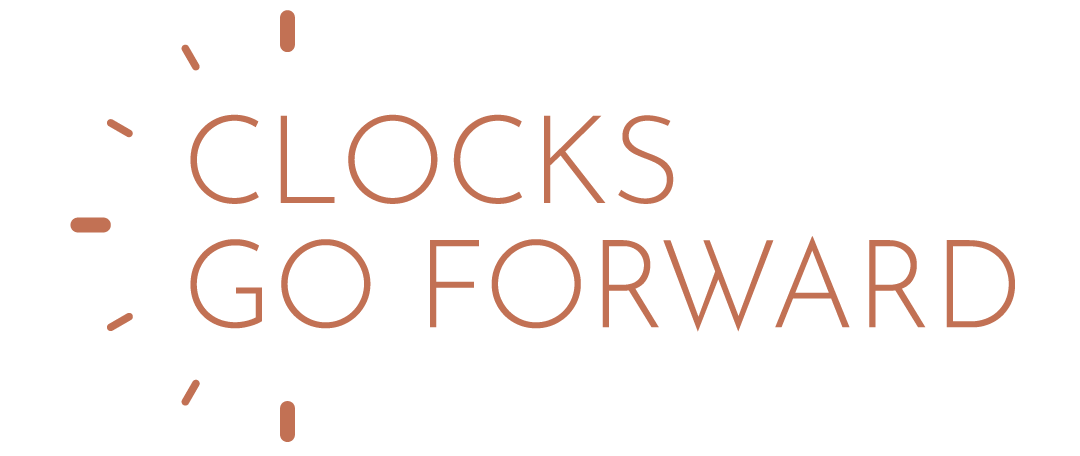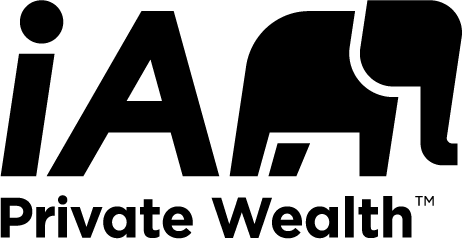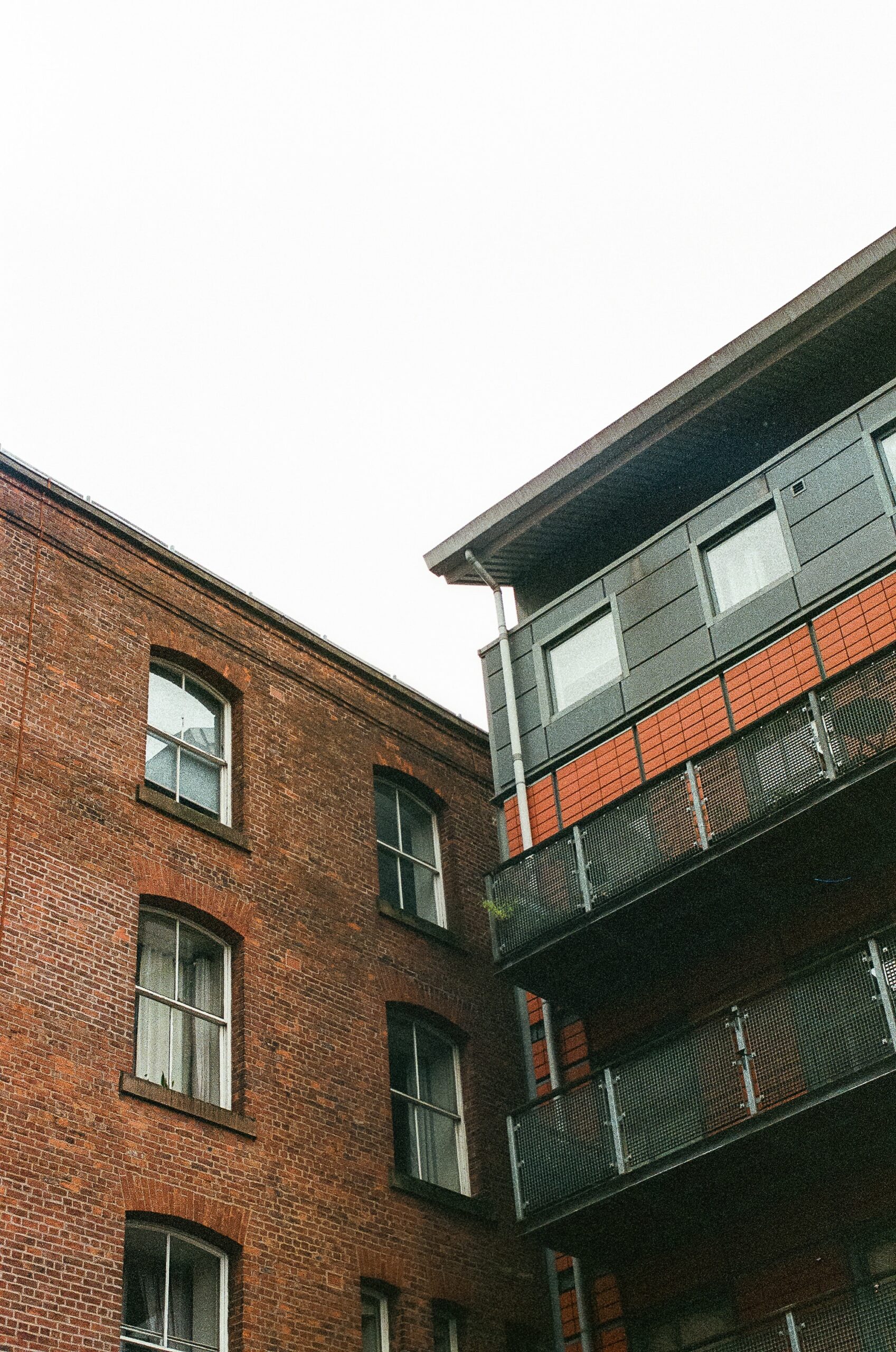An RRSP is a great savings vehicle for many people, but not all. Depending on your circumstances, there may be a better way to start saving.
Most people use an RRSP (understandably) to save for retirement, and for the tax benefits.
However, depending on your income, there may not be a tax benefit, and you may be doing a greater disservice to your future self by decreasing your government benefits in retirement.
Let me explain.
As a refresher, an RRSP is an account type with its own set of rules. When it comes to taxes, it decreases your income when you put money into it (by offering a tax deduction) and increases your income when you take money out (by adding the amount to your income).
This means your income must be lower when you take it out than when you put it in to save tax. So, if your income is less than roughly $50,000 (within the first federal tax bracket), there is almost no reason to have an RRSP.
The word ‘almost’ is important because RRSPs provide creditor protection, unlike most other account types. There are a few other exceptions listed at the end of this piece.
Additionally, taking money out of your RRSP impacts your income more than TFSA, and non-registered withdrawals do. TFSA withdrawals don’t impact your income at all, and non-registered withdrawals only increase your income by the capital gain associated with the amount you are taking out. And this starts to matter when you begin collecting OAS (a government retirement benefit) when you turn 65.
As an alternative, if your income is below $50,000, you might start by maximizing your TFSA for your long-term savings goals. And if you’ve maxed out your TFSA, you may weigh the pros and cons between using a non-registered account or an RRSP.
All in all, an RRSP can be a great tool, but it’s not always the right one. Your savings plan should always reflect your specific situation.
A few other reasons you may consider an RRSP, even if your income is below the first tax bracket:
-You are saving for your first house down payment. You could take advantage of the First-Time Home Buyer plan within an RRSP
-You have already maxed out your TFSA







